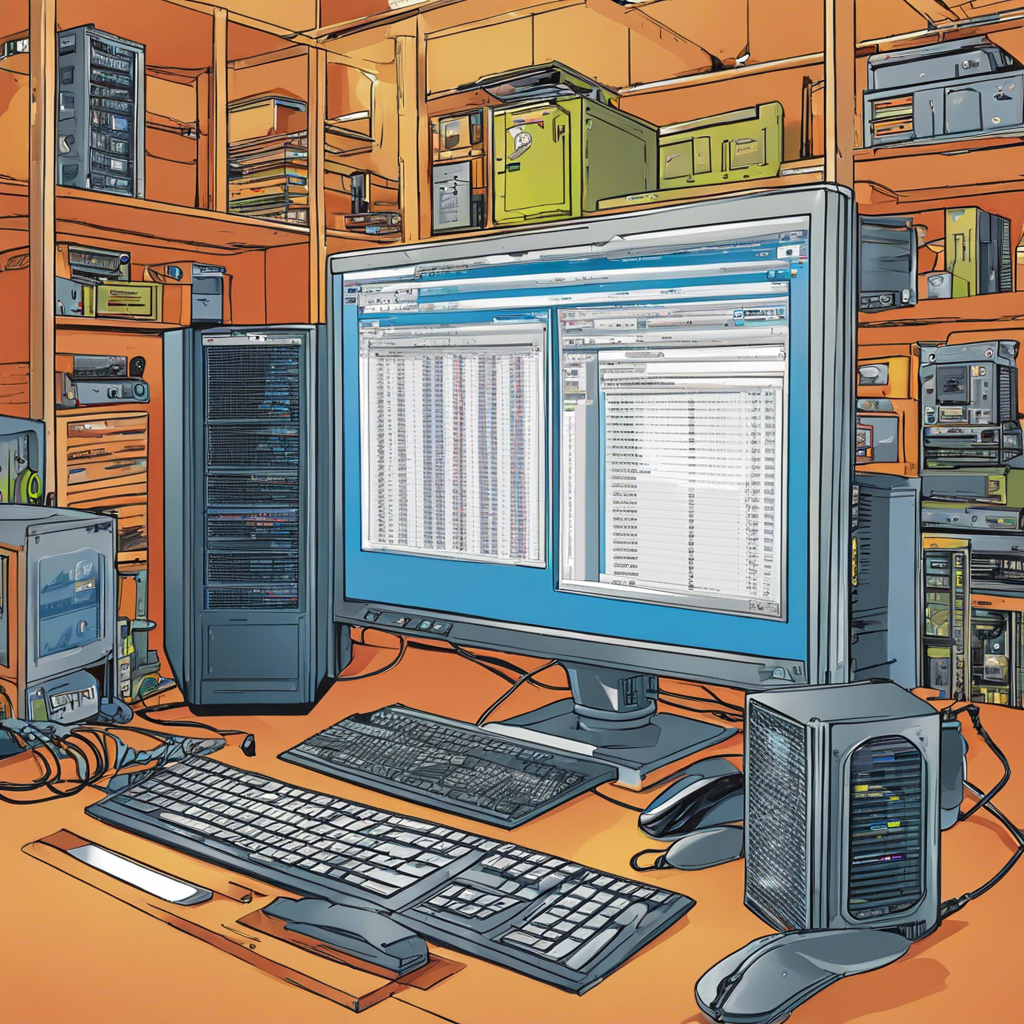# 10 Tips to Boost Your PC’s Performance and Speed
Struggling with a slow PC? It’s a common issue that many computer users face, but the good news is there are several steps you can take to optimize your PC and get it running smoothly again. From simple hardware fixes to software tweaks, here are ten essential tips to help you enhance your computer’s performance and productivity.
## 1. Keep Your PC Clean and Dust-Free
Over time, your computer can accumulate dust and debris, especially if it’s in a well-used area or has been sitting for a while. This buildup can cause your PC to overheat, leading to performance issues and even hardware damage. Regularly cleaning your computer is a simple yet effective way to improve its lifespan and performance. Use compressed air to blow out any dust from vents and fans, and gently wipe down the exterior with a microfiber cloth. Ensure you follow proper safety guidelines and consider seeking professional help if you’re unsure about opening your computer.
## 2. Upgrade Your Hardware
If your computer is several years old, it might be time to consider upgrading some of its components. Adding more RAM (Random Access Memory) can significantly improve your PC’s multitasking capabilities and overall speed. Replacing an old hard drive with a solid-state drive (SSD) can also make your computer boot up faster and load programs more swiftly. These hardware upgrades are relatively straightforward and can breathe new life into your aging PC.
## 3. Uninstall Unnecessary Programs
It’s easy to accumulate a lot of software over time, and many of these programs might be running in the background, consuming valuable system resources. Review the list of programs installed on your computer and uninstall the ones you no longer need. This will not only free up storage space but also reduce the load on your computer’s processor and memory, leading to better overall performance.
## 4. Disable Startup Programs
Many applications are set to start automatically when you turn on your computer, which can significantly slow down the boot process. You can easily manage these startup programs using the Task Manager (for Windows users) or System Preferences (for Mac users). Identify the non-essential programs that don’t need to run at startup and disable them. This simple change will make a noticeable difference in your PC’s boot time.
## 5. Update Your Software Regularly
Keeping your software up-to-date is crucial for maintaining optimal performance and security. Updates often include bug fixes, performance enhancements, and new features. Regularly check for updates on your operating system, web browsers, antivirus software, and other frequently used applications. Most applications have automatic update settings, but it’s a good practice to periodically check for updates manually to ensure you’re running the latest versions.
## 6. Manage Your Web Browser Extensions
Browser extensions can be incredibly useful, but they can also slow down your web browsing experience and consume system resources. Review the extensions installed on your web browsers and remove the ones you no longer need. Additionally, make sure to keep the remaining extensions updated to ensure they work efficiently and don’t become security risks.
## 7. Run Regular System Scans
Malware and viruses can wreak havoc on your computer’s performance and security. Regularly running system scans with trusted antivirus software can help identify and remove any malicious programs or files. Schedule weekly or bi-weekly scans to ensure your PC remains clean and secure. This proactive approach will protect your data and help maintain optimal performance.
## 8. Defragment Your Hard Drive (For Mechanical Drives Only)
Defragmenting your hard drive is a process that reorganizes the data on your disk, making it easier and faster for your computer to access files. This step is essential for mechanical hard drives, as they suffer from performance degradation when data becomes fragmented. Most modern operating systems have built-in defragmentation tools, so schedule regular defragmentation to keep your mechanical hard drive in top shape. However, if you’re using an SSD, defragmentation is unnecessary and should be avoided, as it may reduce the drive’s lifespan.
## Conclusion
Optimizing your PC’s performance is an ongoing process, and by following these ten tips, you’ll be well on your way to a faster, more efficient computer. From simple maintenance tasks like cleaning your PC and managing startup programs to more advanced steps like hardware upgrades and regular system scans, each action contributes to a smoother and more enjoyable computing experience. Stay proactive, and your computer will thank you with increased performance and longevity!
